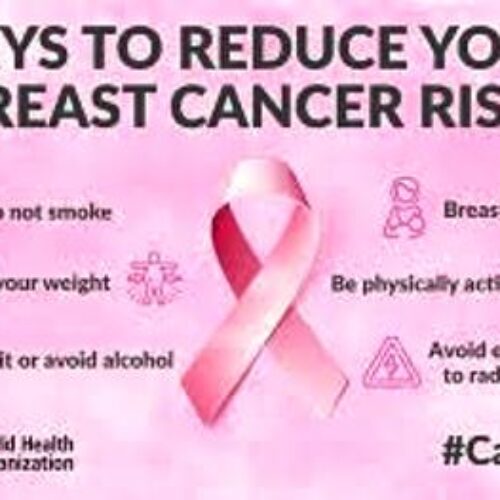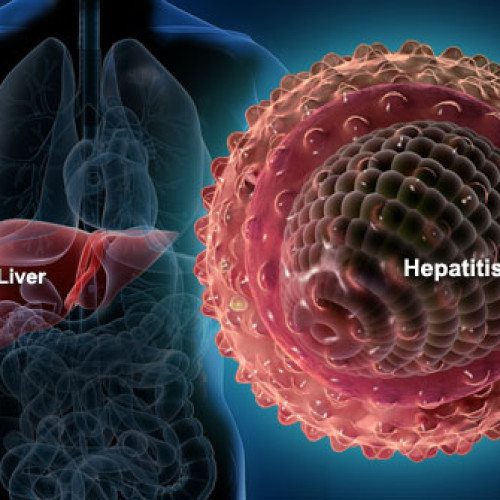NCDC raises alarm over antimicrobial resistance impact
The Nigeria Centre for Disease Control and Prevention (NCDC) has raised alarm over the life-threatening impact of antimicrobial resistance (AMR).
Director-General, NCDC Dr Jide Idris, raised the alarm on Saturday in Abuja.
AMR occurs when microorganisms such as bacteria, fungi, viruses and parasites develop the ability to defeat drugs that were designed to kill them.
Idris explained that the development poses a serious threat, not only to human health, but to the environment and the entire planet.
He said that the misuse and overuse of antibiotics in humans, animals and agriculture were accelerating the spread of drug-resistant infections.
“It makes infections harder to treat, leading to longer illnesses, higher healthcare costs and increases the risk of death.
“This is endangering lives, livelihoods and the ecosystems,” he said.
He blamed the development of AMR in Nigeria on indiscriminate access to antibiotics without prescription, poor infection prevention and control, and use of antimicrobials in livestock and poultry without veterinary oversight.
He called for urgent and responsible use of antimicrobials across all sectors, saying, “together, we can fight AMR by the responsible use of antimicrobials”.
He revealed that the Federal Government, through the NCDC and its partners were strengthening surveillance systems.
Idris added that the NCDC was also enforcing regulations and promoting a “One Health” approach, which recognises the interconnectivity of human, animal and environmental health.
The D-G also said that Nigeria’s National Action Plan on AMR was being updated to ensure a coordinated national response, guided by evidence, stakeholder engagement, and global best practices.
He also said that public education, laboratory capacity, antimicrobial stewardship and responsible waste management were top priorities in tackling the rising AMR threats in the country.
“The World Health Organisation has warned that if urgent action is not taken, AMR could cause 10 million deaths annually by 2050.
“In Nigeria, health experts have also called for a ban on over-the-counter sales of antibiotics and urged citizens to avoid self-medication,” he said.
He said that the fight against AMR required a collective effort.
“We must all play our part by using antibiotics responsibly and following medical advice,” he added. (NAN)







0 Comments
No Comments Yet!
You can be first to comment this post!